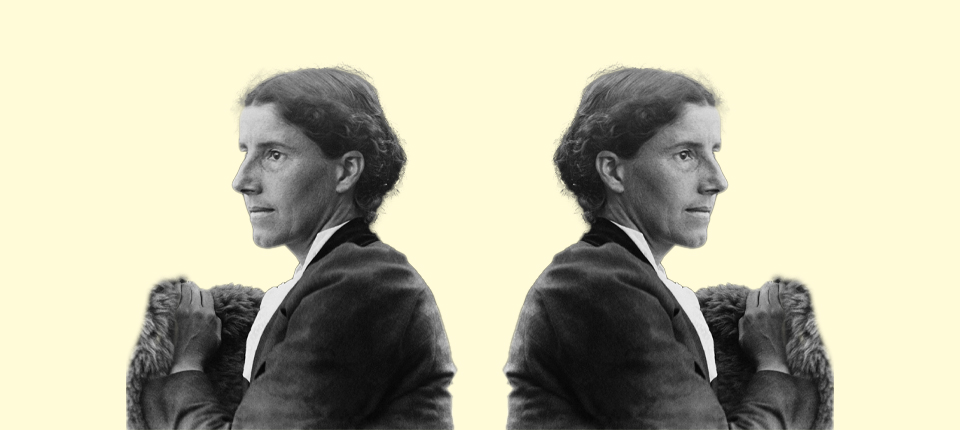Lit Hub Daily: July 3, 2024
THE BEST OF THE LITERARY INTERNET

TODAY: In 1860, Charlotte Perkins Gilman, feminist, sociologist, novelist, and author of the short story “The Yellow Wallpaper,” is born.
- “Your opponents would love you to believe that it’s hopeless, that you have no power.” Rebecca Solnit on the power of speech to shape the future. | Lit Hub
- “He was, by the time I knew him, in the years he was my grandfather, a gentle man.” Joe Wilkins on his grandfather, the sheeprancher, and the mythology of the American West. | Lit Hub Memoir
- Samuel Kọ´láwọlé on being a Black Nigerian man in America: “In America, as in that detention room, I realized I still had to navigate the presumption of danger and guilt.” | Lit Hub Craft
- If you’re a witch, a spacefarer, or a ghoul, you might find something for you among our most anticipated sci-fi and fantasy books in the second half of 2024. | Lit Hub Reading Lists
- Read Heba Al-Agha’s diary documenting the last eight months in Gaza, translated by Julia Choucair Vizoso: “It hadn’t been easy, compressing your life into a suitcase. But these are the things we have to do.” | Lit Hub Memoir
- Artists may romanticize New York, but Marin Kosut considers what it really means to get by as a creative in the city that never sleeps. | Lit Hub Art
- Debra Hendrickson considers the impact of climate change on her career as a pediatrician and how wild fires are making children sick. | Lit Hub Health
- “The line between filth and edification, smut and transcendence, porn and literature, isn’t to be evaluated by judges and censors…but by readers.” Ed Simon on Samuel Roth, book bans, and court-mandated censorship. | Lit Hub History
- Belinda McKeon talks to Joseph O’Neill about writing a socially relevant soccer novel: “It was essential for the roundness of the book…to conjure both sides of liberal idealism.” | Lit Hub In Conversation
- “When the fog rolled in, the port turned into a swamp. Shadows fell across the plaza, filtering between the trees and leaving the long marks of their fingers on all they touched.” Read from Fernanda Trías’s new novel Pink Slime, translated by Heather Cleary. | Lit Hub Fiction
- “Though the algorithm machine is probably a symptom, or evidence, of the wrongest things, the last things even, it still feels good, lucky I guess, when it gets it right.” Ross Gay on the small joy of listening to the Fugees in a coffee shop. | Orion
- “Neeli’s enthusiasm—his lust—for poetry was infectious and listening to him often made me feel like a kid falling in love with literature all over again.” Joshua Bodwell remembers Neeli Cherkovski. | Zyzzyva
- On Kōhei Saitō’s Slow Down: The Degrowth Manifesto, the Kardashians, and the ecological impact of a media empire. | Los Angeles Review of Books
- Prudence Peiffer looks back on the books honored (and overlooked) by the National Book Awards in the 1960s. | The Washington Post
- “It felt wrong to celebrate by eating ourselves silly.” Alana Pockros considers solidarity at Passover. | The Paris Review
- Simon Wu on raves, political art, and “Asian American-core” writing. | Interview
Article continues after advertisement



















